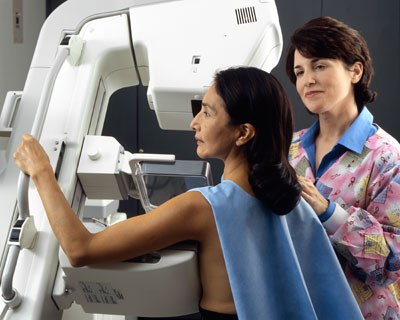A new method for analyzing blood is twice more sensitive, and it can be used to detect breast cancer backset a year earlier.

According to Daniel Raftery, the leading specialist from Purdue University, the present-day statistics is as follows: the risk that the successfully cured breast cancer will return within 10 years is 1 to 5. Naturally, the sooner the threat is identified, the greater the chance of successful treatment is, which will make the patient’s life longer. However, the methods that are used today are not very effective, and many cases of backset are unnoticed or discovered too late.
The scientists led by Raftery identified a group of nine biomarkers that signal breast cancer backset. Their efficiency is twice as high if compared to a biomarker that has been used so far – CA 27,29. In addition, cancer backset is possible to “detect” 11-12 months earlier. In this case, the patient does not need to undergo an unpleasant procedure of biopsy.
To find these markers, Raftery’s team analyzed hundreds of metabolites (the substances produced in cells, tissues and organs in the process of intermediate exchange and participating in the subsequent processes of assimilation and dissimilation) in the blood of the patients, who were diagnosed with “breast cancer”. According to Raftery, in previous studies the scientists associated some groups of metabolites with several diseases, but the fact that these biomarkers are associated with recurrent breast cancer has been revealed for the first time.










